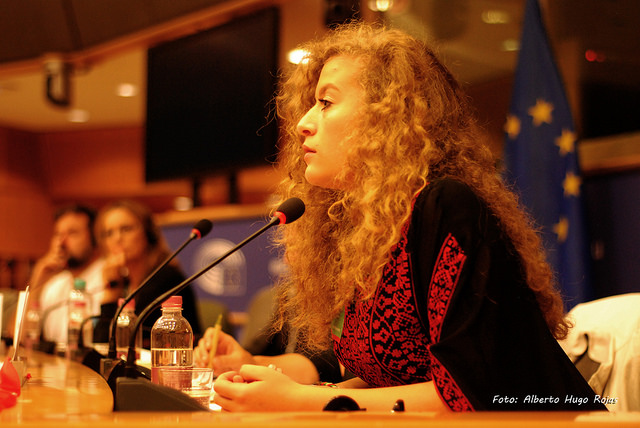On 29 September 2012, in a speech to the Saudi Broadcasting Forum in Riyadh, Saudi Arabia, the BBC’s Head of Global News Peter Horrocks voiced his urgent concerns about the “unprecedented threat” to independent news from around the world which arose, he said, from threats, intimidation, censorship and the misuse by states of anti-terrorism measures against journalists who seek to report the truth. “It is vital”, he said, “that all authorities protect the rights of journalists to report freely and investigate those who seek to curtail journalistic freedom, so that these threats diminish”.
On Thursday 18 October Peter Horrocks will address a special Symposium of global media editors in London on “Media Responses to Issues of Life and Death” in London. The Symposium is being co-hosted by the BBC’s College of Journalism and the University of Sheffield’s Centre for Freedom of the Media. The meeting is timed to enable editors and executives of media organisations from around the world to consider appropriate ways of engaging with the UN’s Plan of Action on the Safety of Journalists and the Issue of Impunity.
That Plan, which was approved at the highest level in the United Nations in April 2012, calls on all relevant UN Agencies and Bodies — as well as the international community and all stakeholders including the media themselves — to adopt a range of effective measures to prevent attacks on journalists and ensure that those who attack of kill journalists are brought to justice; and so reverse what is seen as the growing scale of acts or threats of violence or abuse, including abductions, murders and cases of wrongful imprisonment, faced by journalists who report matters in the public interest in a large number of states around the world.
Peter Horrocks publicly deplored recent cases of satellite ‘blocking’ or ‘jamming’ which prevents the audiences of the BBC as well as other broadcasters from accessing news and information, in the Middle East and elsewhere.
The BBC’s Global News chief told his audience in the Saudi capital: “Those doing it should stop and, if they don’t, the international community should take decisive action to make them stop.”
I must also raise here the unprecedented threat to independent news from around the world that we are experiencing. Journalists are facing threats to their lives, censorship through intimidation or are faced with terrorism charges in their search for the truth. It is vital that all authorities protect the rights of journalists to report freely and investigate those who seek to curtail journalistic freedom, so that these threats diminish. Satellite interference and other forms of ‘blocking’ or ‘jamming’ prevent audiences from accessing news and information. This jamming has affected a number of countries in this region, as well as global news organisations such as the BBC. Our TV service to Iran has been regularly jammed. Such interference with the free flow of information is outrageous. Those doing it should stop and, if they don’t, the international community should take decisive action to make them stop.
Next year, BBC Arabic celebrates its 75th anniversary. We remain proud of this long, enduring engagement we have had with Arabic-speaking audiences across the globe, and we have a commitment to continue. The BBC’s international role has been key since it was founded. For the past 80 years the motto “Nation shall Speak peace unto Nation” has guided our role in creating a community of people around the world who want to have a debate that allows ideas and thoughts to be shared, but above all for us to never stop asking for answers. The BBC will endeavour to offer a place for that to keep happening for years to come.



